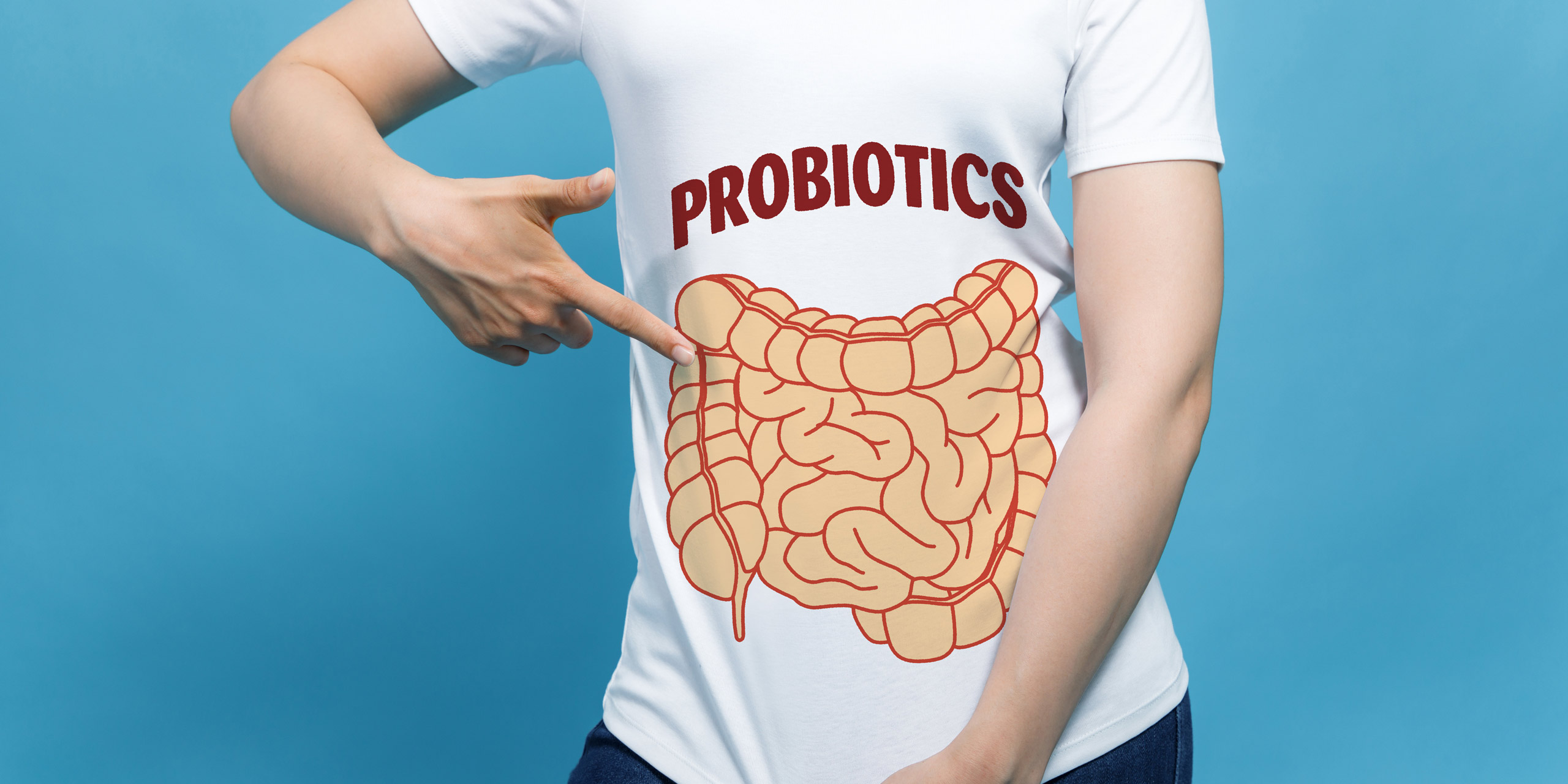The health of your gastrointestinal tract (GI tract) affects your entire body. One of the main supplements that I recommend to my patients is a good quality high-dose probiotic. Why you ask? Let me tell you…
Your gastrointestinal tract is a complex ecosystem containing thousands of species of bacteria. These bacteria can be found in your stomach and small intestines, but the majority are found in your colon. Collectively these areas make up your “microbiome.” These intestinal flora aid in digestion, synthesize vitamins and nutrients, metabolize some medications, support the development and functioning of the gut, and enhance the immune system.
There are times when this balance of beneficial bacteria gets out of balance such as with the extended or recurrent use of antibiotics, poor dietary habits, or recent infection. This is where the use of a probiotic becomes advantageous. A good multi-strain probiotic can help to recolonize the GI tract to the proper balance of beneficial bacteria. But how do you recognize a high-quality probiotic?
Here’s how:
- It is multi-strain. This means that it has more than one type of bacteria in each capsule. The one I recommend the most contains Lactobacillus acidophilus, Lactobacillus plantarum, Bifidobacterium longum, & Bifidobacterium lactis.
- It is packaged so that oxygen cannot reach the capsules or is consistently refrigerated (even during transport) so that the organisms cannot get overheated and die.
- It is high dose. For maximum results the GI tract needs maximum exposure. For those patients that have GI issues or tend to have weakened immune systems, I recommend 100 Billion CFU (the measurement for bacteria is Colony Forming Units) daily. Other patients that simply need to maintain GI health can take the 100 Billion CFU capsule every other day or just several times per week.
Some foods also promote healthy and abundant GI flora. For example, sauerkraut and kimchi are fermented foods that contain probiotics. Other foods provide the precursors to probiotics called “prebiotics”. Those are foods like: asparagus, onions, garlic, cabbage, and artichokes. These foods are mainly carbohydrates that cannot be digested by the body, but are food for the probiotic (or good) bacteria. Following these guidelines will get you to a better place with your bowel movements (diarrhea or constipation), vaginal health, skin health, and even a healthier immune system.
Here’s to a healthy microbiome!
May you have continued good health,
Dr. Melissa Miskell



